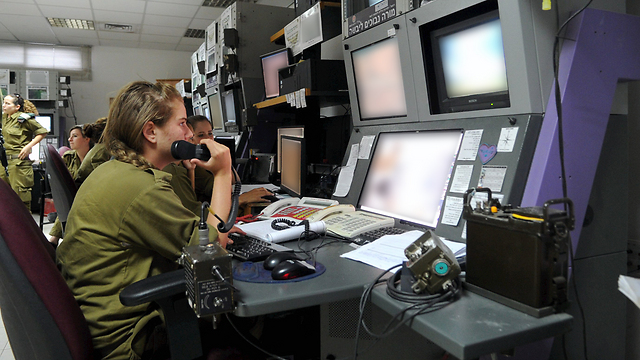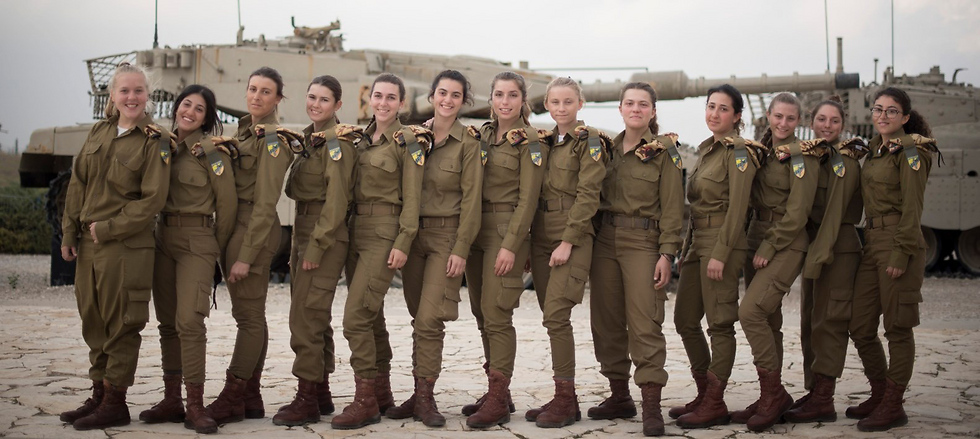

But while the public debate focuses on the nature of joint service and on women’s ability to serve alongside men in operational roles, we are missing the larger debate that should be held—the rate of women who don’t enlist at all.
The existing law grants women a comprehensive exemption from military service on religious grounds, regardless of their lifestyle. A young woman interested in receiving an exemption based on a declaration of religious observance isn’t required to prove that she is religious. The current rate of women who don’t enlist in the IDF is 42 percent, while the rate of men who don’t enlist is about 27 percent.
The debate taking place these days on the importance of drafting men points to the difference between a woman’s place in Israeli society and a man’s place. If that weren’t the case, how would one explain the fact that the number of exemptions granted to women is significantly higher than the number of exemptions granted to men? Nevertheless, this issue has failed to raise questions or a lead to a demand for equality by those who are demanding a universal draft for men.
There is no question here regarding the religious girl’s ability to serve in the army, as the number of religious girls joining the IDF has only increased in recent years. The enlistment of thousands of religious women proves that a meaningful service can be combined with religious faith.
The exclusion of women, who make up about 50 percent of the population, both from the public discourse and from their potential impact on state security and on their integration in different systems as citizens upon completing their military service, proves that equality for women hasn’t been fully implemented yet, despite the public occupation with the incorporation of women in the Armored Corps.
The change in the nature of the high-technology battlefield creates additional diverse opportunities for female soldiers to integrate into advanced technological settings. Indeed, we are seeing that women who join technological units have a direct impact on the IDF’s operational efficiency.
Surely, the fact that so many young women aren’t drafted affects the level of integration and development of women in the local and global world of hi-tech and in their professional career.

Our aspiration in Israel 2018 should be universal service for both men and women. We should come up with a model securing a clear preference for IDF service to maintain a quantitative and a qualitative advantage that would allow us to address the security challenges. Women and men who don’t join the army for some reason, including men and women from the ultra-Orthodox and Arab sectors, must be required to complete civil service parallel to the military service.
Such a decision is important not only for those who don’t serve the state in a meaningful way, but mainly for IDF recruits who are willing to become part of a human chain of women and men securing our existence here.
A comprehensive enlistment of women in the IDF will naturally make it possible to move towards an equally long service for men and women, unlike the current gender differences in most military professions. And later on, it will make it possible to cut the service short for both men and women.
International Women’s Day is an excellent opportunity to ask why we are willing to give up half of the female human potential and work to change this trend. The phrase “every boy is good with a gun,” from the Palmach anthem, should be update to reflect the norm we would like to implement in women’s journey towards full equality.
Major-General (res.) Orna Barbivai, a former head of the IDF’s Manpower Directorate, is the director of the Corporate-Philanthropic Fund for National Initiatives.

















